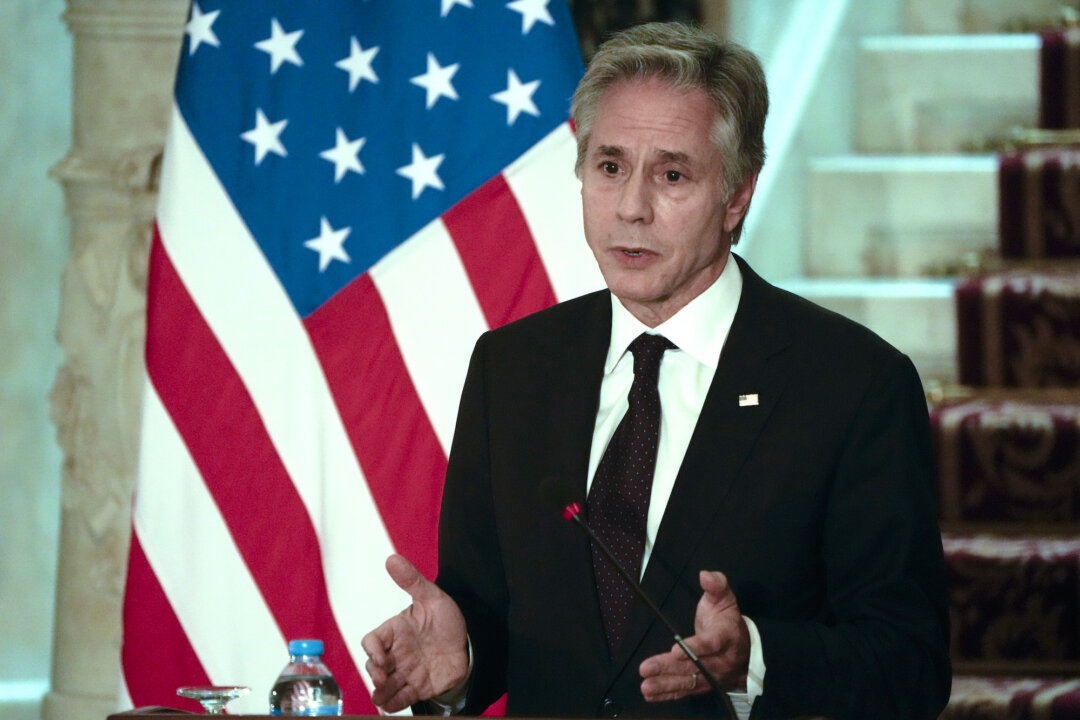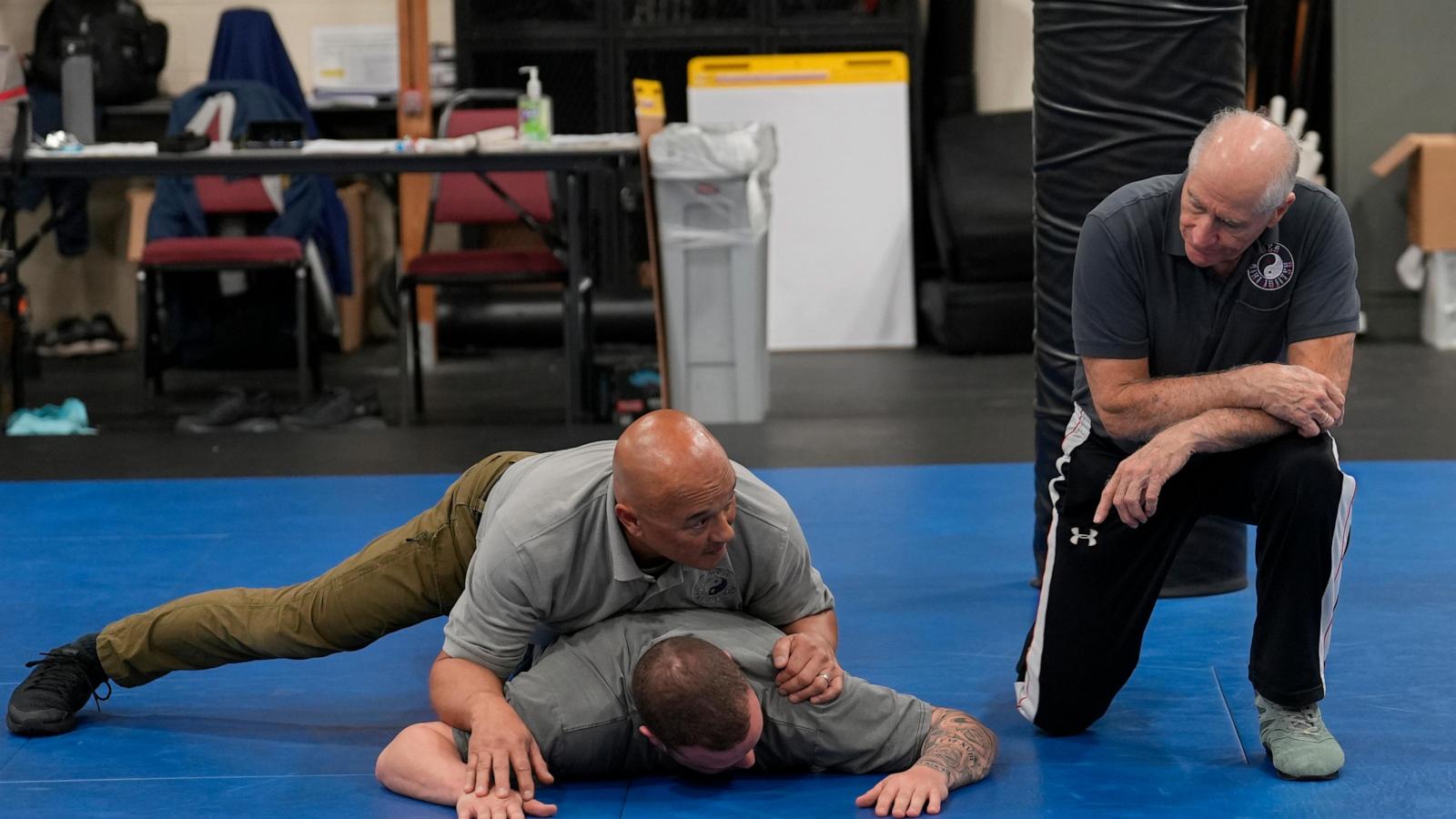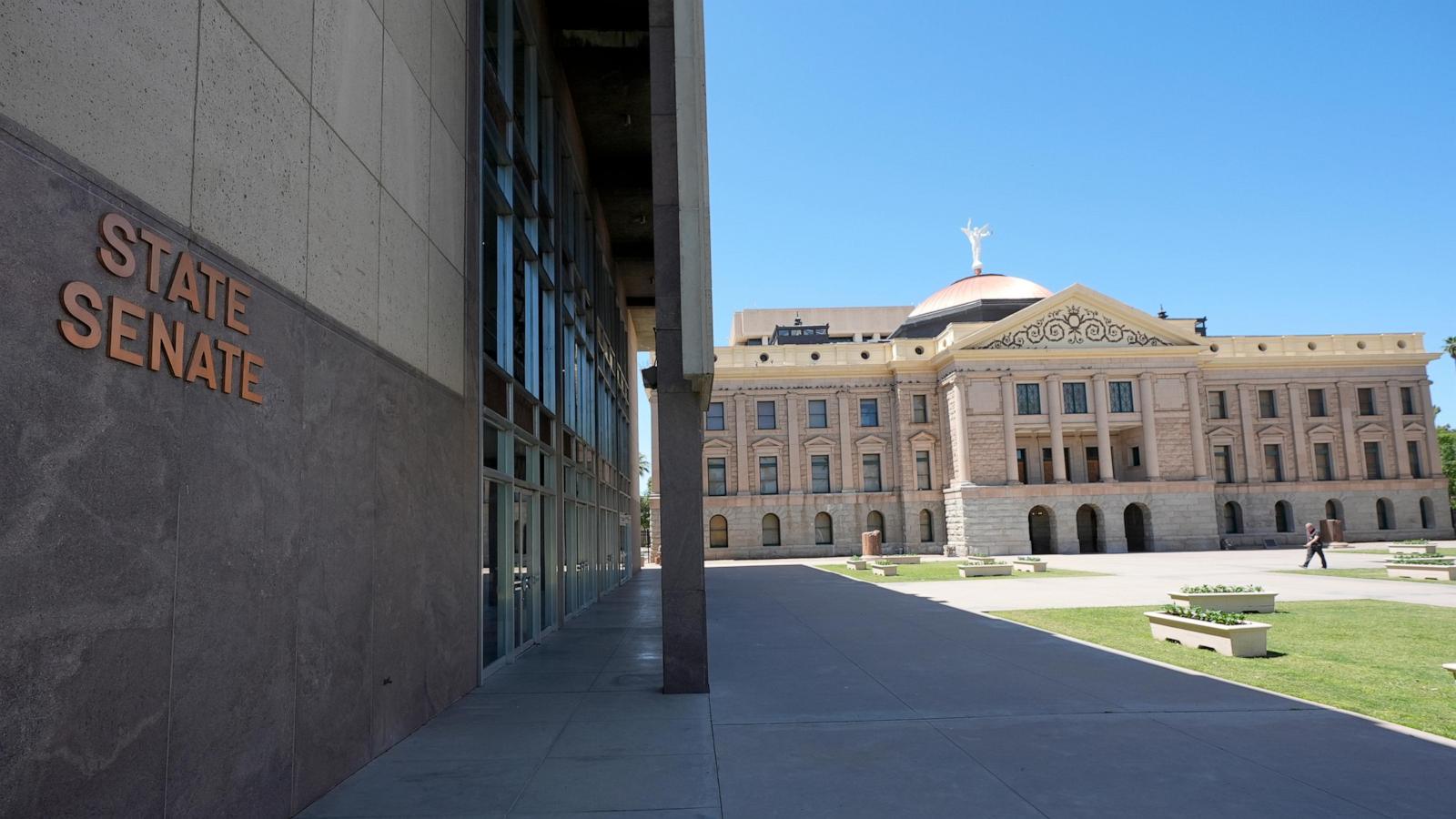SALT LAKE CITY—When the Utah Republican Party in August opted to conduct a party-orchestrated caucus rather than a state-run primary for its March 5 presidential preference poll, it did so because the more intimate neighborhood election process would save taxpayer money and promote “community engagement.”
By any post-caucus March 6 assessment, they certainly exceeded expectations in inducing that “community engagement.”
GOP voters in many of the 300-plus caucus sites across the state had to wait for up to 90 minutes to have their party status verified in what turned out to be a laborious process plagued by technical glitches and gaffes.
In the end—or at least when it became apparent that former President Donald Trump had an insurmountable lead and the race could be called around 3:40 a.m.—Utah Republican Party officials said the delays did not affect the results and the difficulties would be remedied to ensure such problems don’t happen again….





